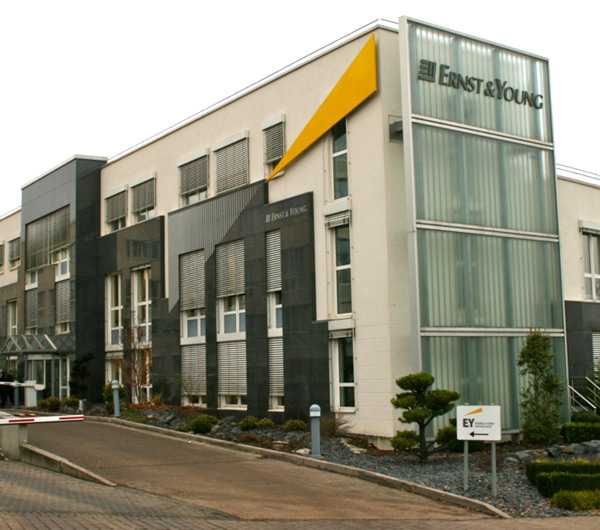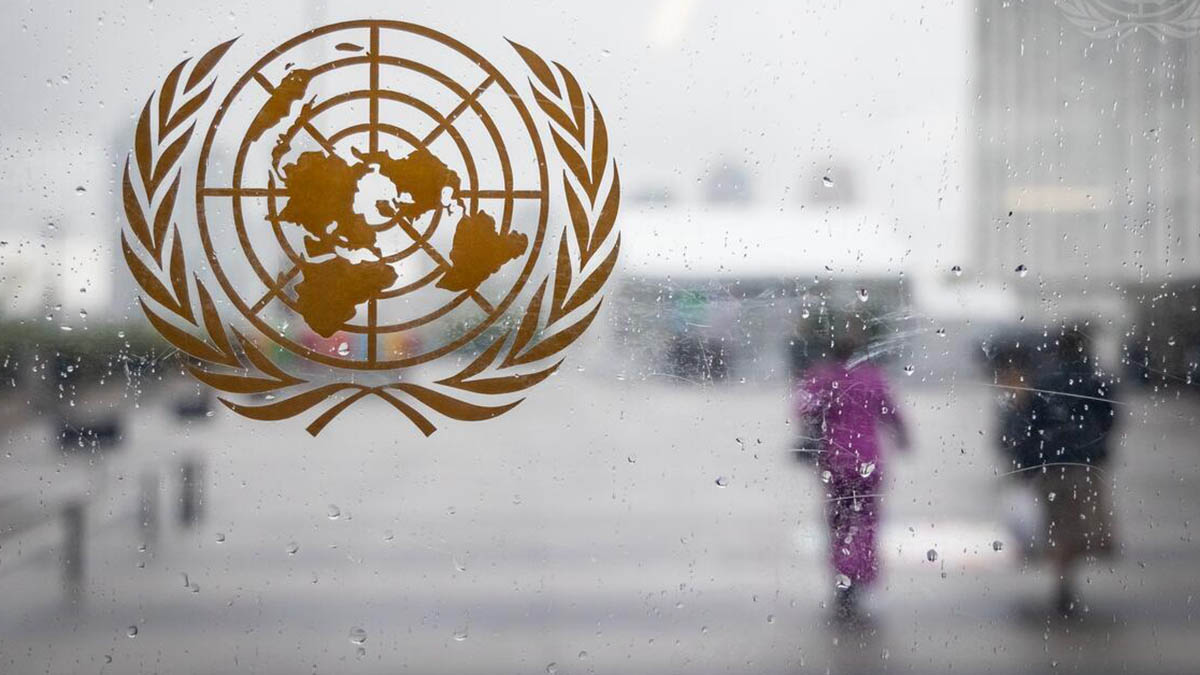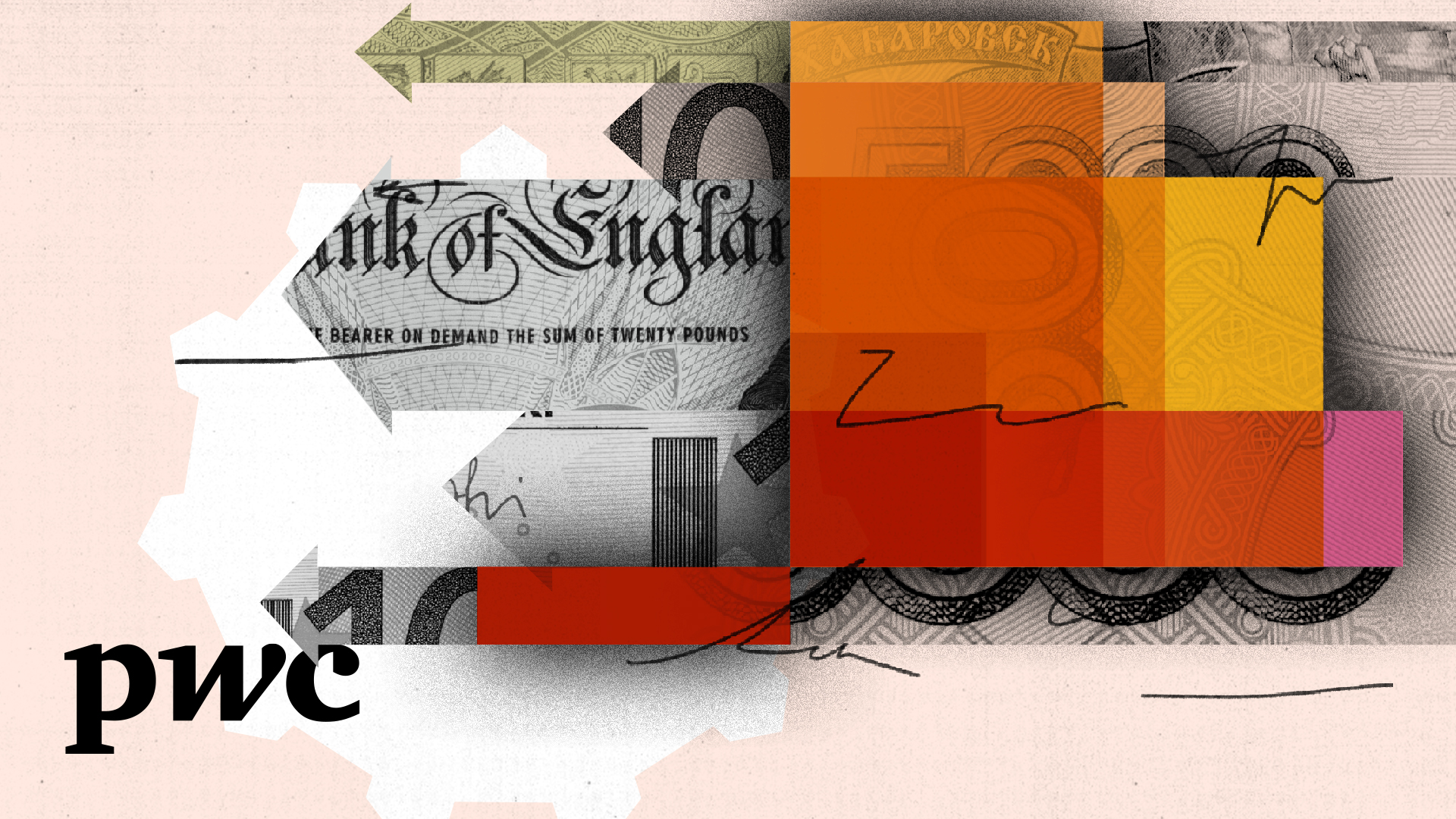Luxembourg has approved a further delay for companies to register their beneficial ownership details after 53% of affected entities failed to do so by the initial deadline.
More than 68,000 companies had not provided the required information by the August 31 deadline and they have now been given a further three months, according to the Luxembourg Times. Non-compliance can incur fines ranging from $1,370 (1,250 euros) to $1.37 million (1.25 million euros).
The latest delay means that the country has cast itself further adrift of the Fourth Anti-Money Laundering Directive, which required all EU member states to compile publicly available registers by June 2017 as a key component in combating money laundering and terrorist financing.
In November 2018, the European Commission referred Luxembourg to the European Court of Justice for its failure to fully implement the new laws designed to enhance transparency.
Criticizing Luxembourg’s slow response, the then Commissioner for Justice, Consumers and Gender Equality, Věra Jourová, said: “We have stringent anti-money laundering rules at EU level, but we need all Member States to implement these rules on the ground. We don’t want any weak point in the EU that criminals could exploit.”
The Duchy’s legislators subsequently passed a law in January 2019 to establish the Luxembourg Business Register or the ‘UBO’ (Ultimate Beneficial Owners), obligating companies to provide details such as names, addresses, age, place of birth, and the extent of their interest.
Any legal entity registered with the Luxembourg Trade and Companies Register, including mutual funds, partnerships, foundations and foreign companies with branches in Luxembourg, must comply.
The administrators of the register did not give any reason for granting the extension but tax compliance experts have detailed the complexity of corporate structures when it comes to identifying beneficial ownership which, in the case of Luxembourg, is generally regarded as 25% or more of a company or a controlling interest.
The 2014 Luxembourg Leaks investigation, published by the International Consortium of Investigative Journalists and media partners in 26 countries, revealed how multinational corporations were channeling money through letterbox companies in the tiny European Duchy to take advantage of secret agreements that slashed tax bills by billions of dollars.
Luxembourg’s Finance Minister Pierre Gramegna called the investigation a “game-changer” for the country, and EU politicians credited Lux Leaks with providing momentum in the push for EU-wide public registers of company owners.







